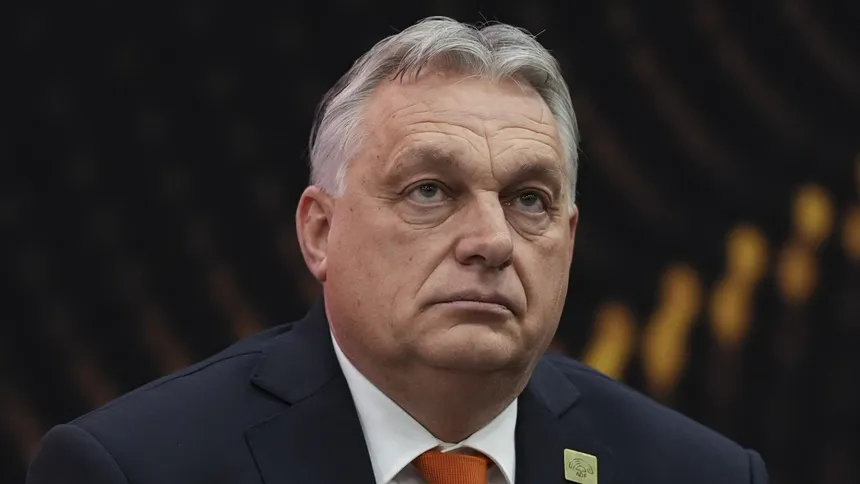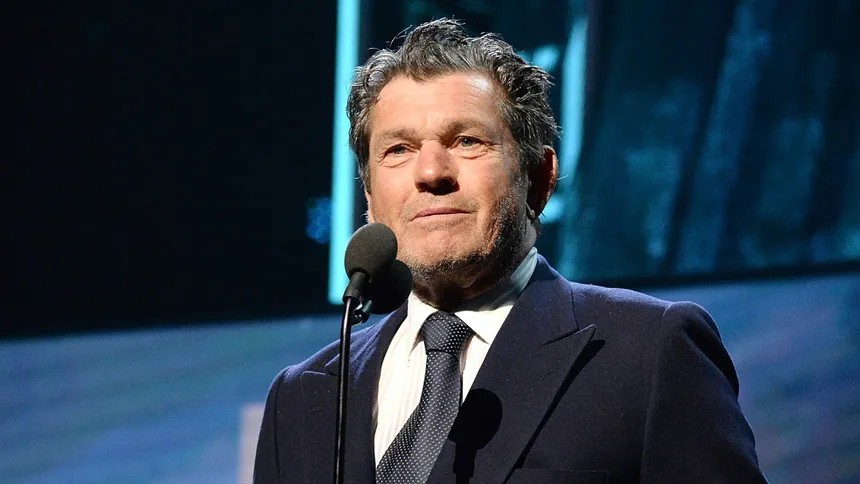Hungarian Prime Minister Viktor Orban’s decision to meet with Russian President Vladimir Putin has sparked widespread controversy within the European Union, with many leaders criticizing his move as unacceptable while Orban defends it as necessary for achieving peace in Ukraine. Orban’s controversial meeting with Putin has been a major talking point at the recent EU summit in Brussels, with many leaders lining up to express their disapproval, while Orban has remained steadfast in his argument that maintaining communication lines with Russia is essential for achieving a peaceful resolution to the conflict.
Orban’s stance is at odds with the official EU policy of ostracizing Putin since the start of the war in Ukraine, and many leaders have urged the Hungarian Prime Minister to reconsider his approach. However, Orban remains convinced that his efforts towards a peaceful resolution are more sincere than those of his fellow leaders, who he believes are merely paying lip service to the idea of peace while lacking the willingness to take real action.
One leader who shares Orban’s skepticism towards the EU’s stance on Russia is Slovakia’s new Prime Minister Robert Fico. Like Orban, Fico has been critical of the EU’s sanctions against Russia, which he believes are having a negative impact on Slovakia’s economy. Fico has not ruled out the possibility of withdrawing Slovakia’s military support for Ukraine, which would mark a significant shift in policy and potentially undermine the EU’s united stance on the conflict.

Hungarian Prime Minister Viktor Orban (Via Viktor Orban/Twitter)
Orban has welcomed Fico’s stance, which he believes could lead to a reversal of Poland’s strong support for the EU’s position on Russia. The nationalist government in Poland had been Orban’s biggest ally in the block, but the recent national election in Poland has seen the opposition, led by former EU Council president Donald Tusk, come to power and pledge to shift Poland’s policy away from its current alliance with Orban.
The summit has also seen intense discussions on the role of Ukraine in the EU, with Orban potentially wielding significant influence by exercising his veto power over issues such as financial support, arms deliveries, and potential membership in the bloc. However, despite his confrontational rhetoric outside the summit, European diplomats report that Orban’s intransigence has rarely materialized in closed-door meetings, and the 27 EU nations have managed to maintain a united stance since the start of the war in Ukraine.
The standoff between Orban and the EU has highlighted the divisions within the bloc, with some leaders advocating for a tougher stance on Russia and others, like Orban, arguing that engagement with Russia is necessary for achieving peace. While Orban’s efforts towards a peaceful resolution remain uncertain, his meeting with Putin has undoubtedly shaken the foundations of the EU and raised questions about the bloc’s ability to present a united front in the face of adversity.

